Tinkerforge
I didn't try this yet, but I'd like to do some more hardware programming and I'm thinking about using Tinkerforge.
Short introduction from the Wikipedia page (emphasis by me):
Tinkerforge is a platform of stackable microcontroller building blocks (Bricks) that can control different modules (Bricklets). The
primary communication interface of the building blocks can be extended
using Master Extensions. The hardware can be controlled by external
programs written in C, C++, C#, Object Pascal, Java, PHP, Python, Ruby
and VB.NET over a USB or Wifi connection, and running on Windows,
Linux and Mac OS X. This non-embedded programming approach eliminates
the typical requirements and limitations (development tools, limited
availability of RAM and processing power) of conventional embedded
software development (cfr Arduino). Tinkerforge hardware and software
are both Open Source, and all files are hosted on GitHub.
As far as I understand, this is more high-level than, let's say, the Arduino.
I can probably learn more about actual hardware programming from using Arduino, but I don't want/need deep knowledge about low-level hardware programming - I just want to create something cool with hardware.
